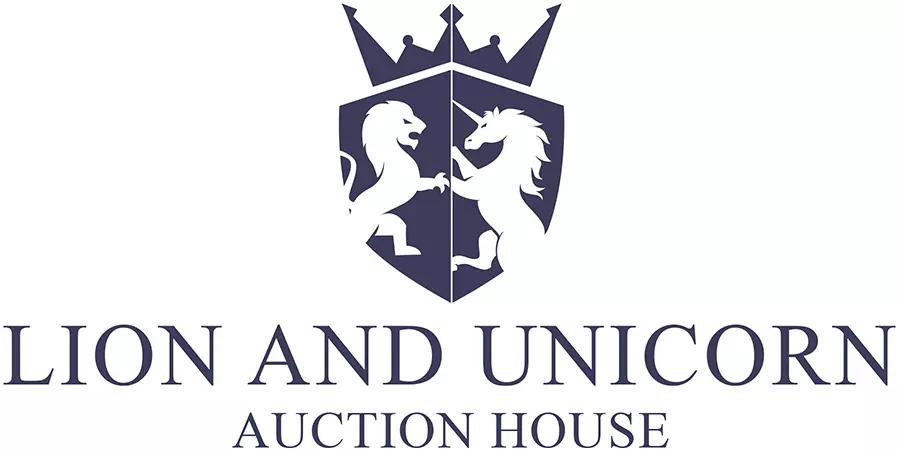Lion and Unicorn Specializes in Edo Ceramics
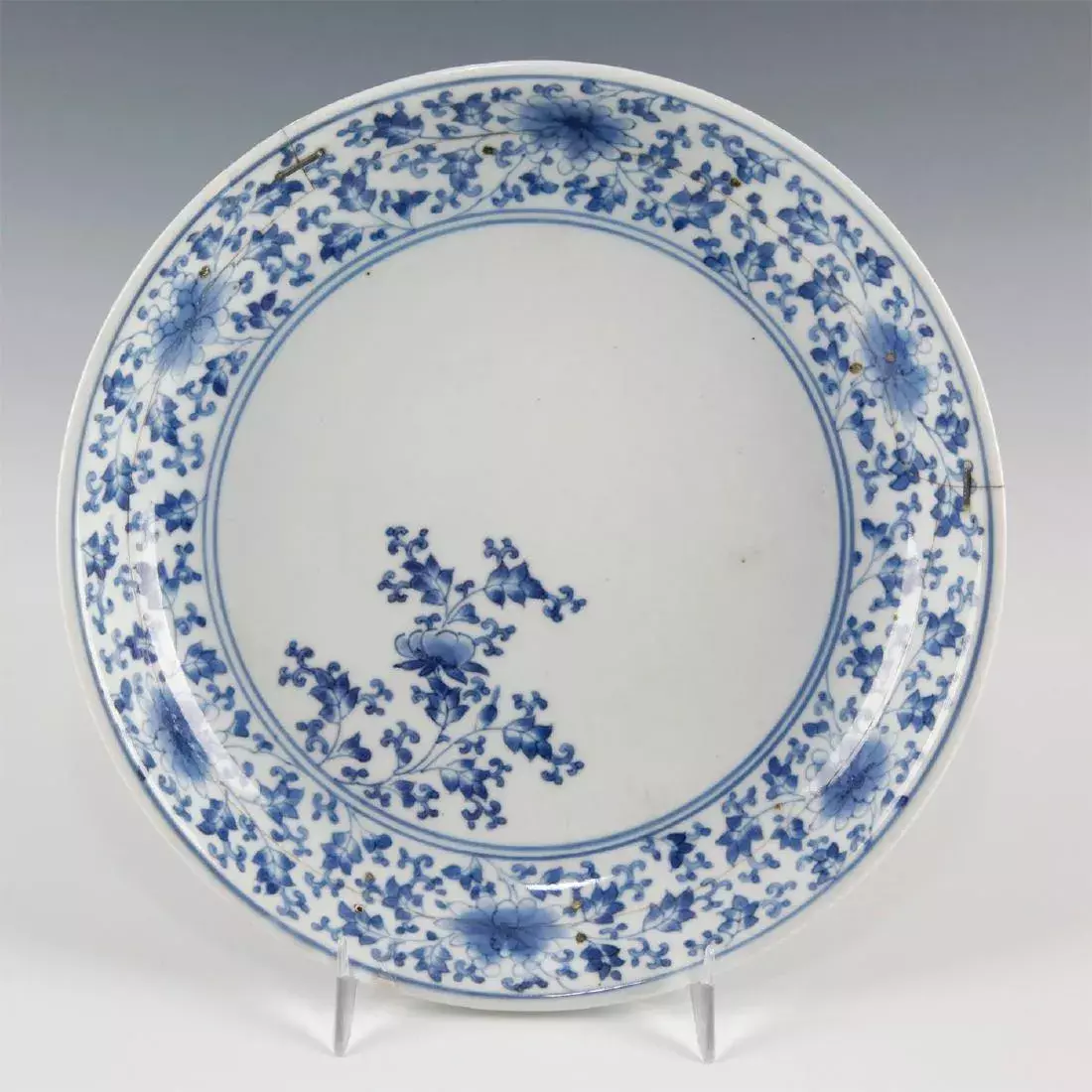
The Edo period (1603-1868) in Japan was a time of relative peace and stability under the rule of the Tokugawa shogunate. During this period, Japanese ceramics experienced significant developments and innovations. Edo period ceramics are renowned for their diverse styles, technical achievements, and artistic refinement. Here are some key characteristics and notable examples of Edo period ceramics in Japan:
- Arita Ware (Imari Ware): Arita ware, also known as Imari ware, originated in the town of Arita in Saga Prefecture. It became one of the most famous and sought-after Japanese ceramics for export to Europe during the 17th and 18th centuries. Arita ware is typically characterized by its white body decorated with underglaze blue motifs, over which vibrant overglaze enamels in red, green, yellow, and gold were applied. Arita ware encompassed a wide range of forms, from everyday tableware to ornate decorative items.
- Nabeshima Ware: Nabeshima ware was a type of high-quality, hand-painted porcelain produced exclusively for the Nabeshima clan, feudal lords of the Saga Domain. It was a symbol of status and prestige and featured delicate and sophisticated designs. Nabeshima ware is renowned for its precise brushwork and intricate patterns.
- Kakiemon Ware: Kakiemon ware is a style of porcelain known for its delicate, colorful enamels and painterly decoration. It was influenced by Chinese and Korean ceramics but developed its own unique style. Kakiemon ware often featured motifs such as flowering branches, birds, and auspicious symbols.
Tell us about your estate using the form below
Fill Out Form:
Send us an email
Contact Client Services at
sales@lionandunicorn.com and we will put you in touch with the right person.
You can call us Monday – Friday any time during our office hours of
10AM – 5PM EST at
Seeing your object first-hand gives our specialists the best possible opportunity to examine it in detail.
Our offices are located in South Florida – 20 minutes from Miami and minutes from Ft. Lauderdale. You can then telephone or email to make an appointment.
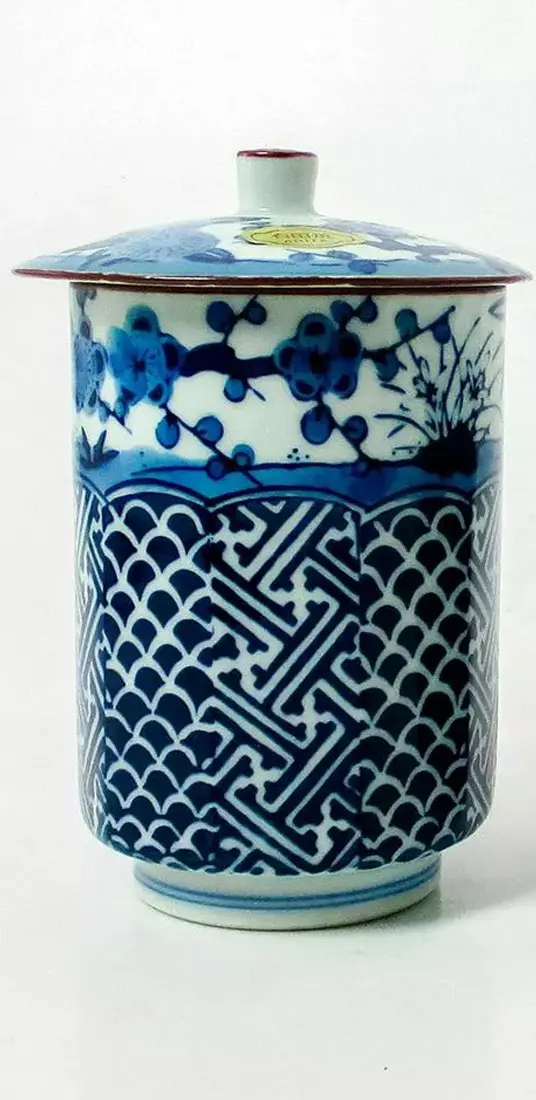
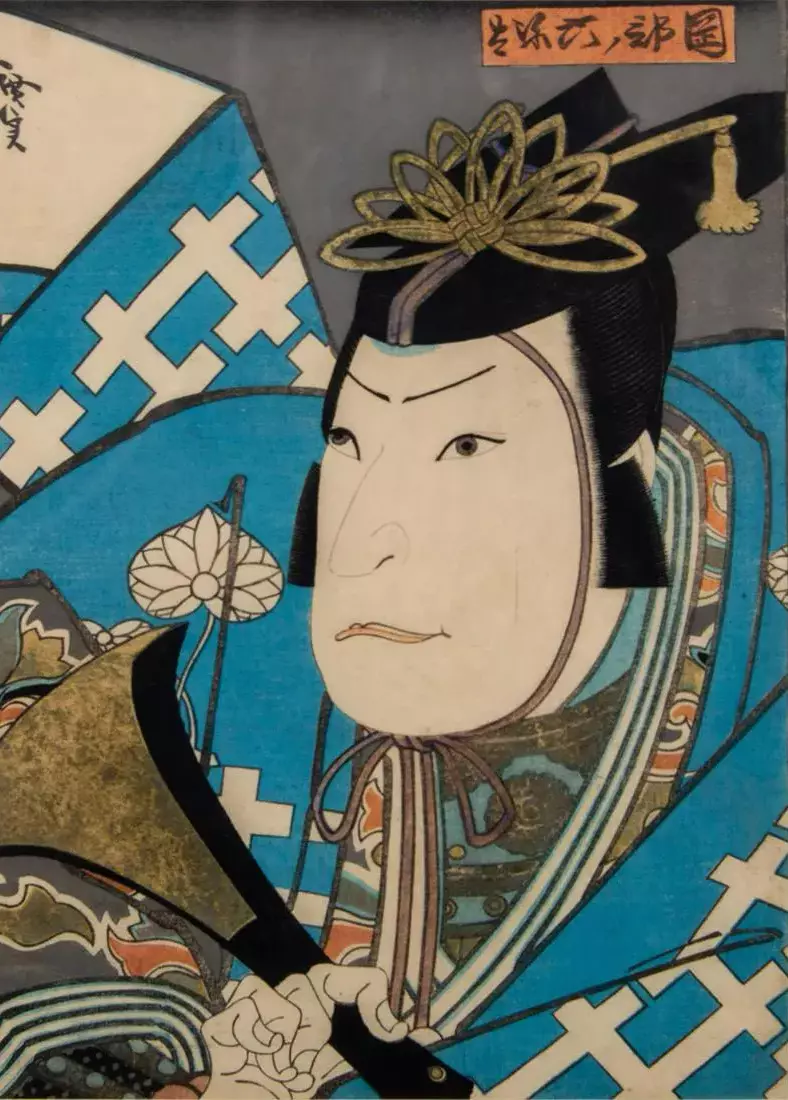
Edo period ceramics are highly regarded not only for their technical mastery but also for their artistic innovation. They reflect the changing tastes and preferences of Japanese society during this vibrant and transformative period in the nation’s history. Today, these ceramics continue to be appreciated and cherished as valuable cultural and artistic treasures.
Are you considering in selling your Edo Period Ceramics? Lion & Unicorn has headquarters in Hollywood, FL, and statewide offices in Naples, Orlando, Miami, and Palm Beach. Beyond that, we offer nationwide services, including in-person appraisal, coordinated shipments, and thorough documentation and cataloging processes. Contact us so we can get the most out of your Japanese EDO pottery.
WORK WITH THE BEST
For over 30 years, Lion and Unicorn has specialized in Estate Appraisal. As the premier auction house in Hollywood, Florida, we provide a diverse clientele with the unequivocal opportunity to sell their estate and collections efficiently, and for maximum value. If you are considering an estate appraiser, our appraisal specialists can assist you in determining the value of your collection and displaying them in front of active buyers. Lion and Unicorn is a full service auction house with the experience and professionalism only a team of experienced auction specialists can provide. Lion and Unicorn can pick up your estate collection, transport the collection to a dedicated gallery where the items will be meticulously cleaned, photographed, and prepared for a live online auction with a global audience. Lion and Unicorn is recognized as one of the most prestigious auction houses in the United States, with a global reach that is unsurpassed. If you are looking for “estate appraisers near me”, contact us today and let us do the hard work for you!
